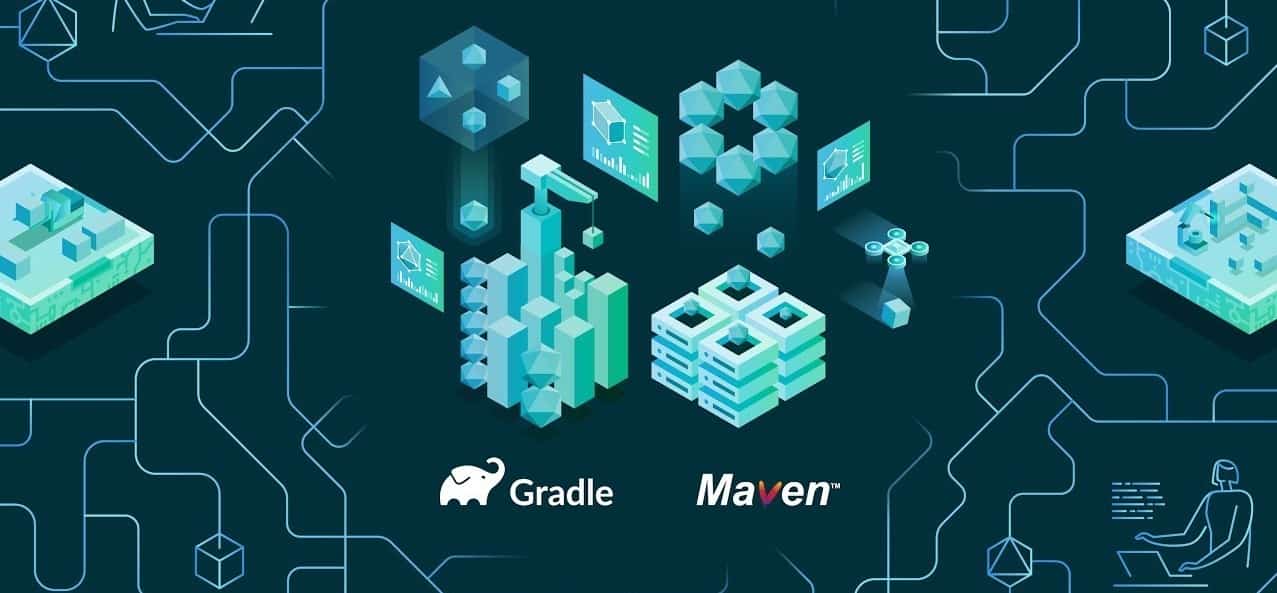In a world of globalisation and coming-togetherness, it is perhaps no surprise to see the enterprise software industry continuing to cooperate, consolidate and occasionally mutate, gestate or liquidate.
Among those emerging from the post-pandemic polygamy of corporate bonding is Gradle Inc, a developer productivity (and happiness) specialist known for its Gradle Enterprise product and so-called developer productivity engineering approach.
In real terms, this is technology aligned to provide build and test performance acceleration technologies and analytics to improve the reliability of the developer toolchain. Gradle is also the company behind the popular open source Gradle Build Tool.
But enough background already, Gradle been busy and this month acquired Swiss-based software development technology provider Triplequote. So what does that mean?
What is Scala?
Triplequote’s mission is to boost the productivity of Scala teams by drastically reducing the compilation time of Scala programs. “We dream of a world where compiling Scala is as fast as Java,” states the company, in its mission statement. Scala is of course a high-level (i.e. strongly abstracted and with use of natural language terms) software application development language that interweaves object-oriented and functional programming into one combined technology proposition.
According to Scala.org, “Scala’s static types help avoid bugs in complex applications and its JVM [Java Virtual Machine] and JavaScript runtimes let [developers] build high-performance systems with easy access to huge ecosystems of libraries.”
Gradle now says it has extended its developer productivity solution portfolio directly to the Scala developer community. How has it done that? By speeding up builds with the world’s only parallel compiler for the Scala language, Hydra.
Hydra is described as, “The world’s only parallel compiler for the Scala language. Hydra works by parallelising all of the Scala compiler phases, taking full advantage of the many cores available in modern hardware.” It also provides the Hydra Dashboard, a modern web UI that collects statistics about a developer’s Scala project and points out bottlenecks in compilation.
“This acquisition puts us one step closer to our vision of providing a common productivity platform across all build systems and language ecosystems, so that one day all software code will be built with Gradle Enterprise,” said Hans Dockter, Gradle Inc. co-founder and CEO. “We look forward to the opportunity this acquisition affords to engage more directly with the Scala community in this endeavor.”
Breaking process bottlenecks
As stated above, Gradle provides Gradle Enterprise as a technology-enablement platform for the practice of Developer Productivity Engineering (DPE). This product aims to improves developer productivity by removing critical software development process bottlenecks such as slow builds, inefficient troubleshooting, flaky tests and a general lack of build and test process observability.
Now with Hydra, the suggestion here is that Gradle has a more reasonable developer productivity solution designed specifically to address the critical Scala developer community pain of unnecessarily slow builds.
“Triplequote is thrilled to join forces with a company that shares our passion for engineered solutions to developer productivity challenges,” said Iulian Dragoș, co-founder at Triplequote.
“Our common roots in open source makes this a great cultural fit as well,” added Triplequote’s other founder, Mirco Dotta.
Performance acceleration
Gradle’s acquisition of Triplequote paves the way for Gradle Enterprise support for sbt, the most popular build system used to build Scala applications. Scala developers will be able to avail themselves of the full range of Gradle Enterprise developer productivity capabilities. This includes complementary performance acceleration technologies (including build caching, ML-based predictive test selection and test distribution), troubleshooting with Build Scan, failure analytics as well as deep observability and trend telemetry.
Multi-build system support is at the core of Gradle’s DPE strategy and vision. Both Gradle Enterprise and the Hydra Scala compiler already support some of the most popular build systems including Gradle Build Tool, Apache Maven and Bazel.
Martin Odersky, creator of the Scala programming language and advisory board member to Triplequote, will continue in a technical advisory role at Gradle.
Developer productivity reality
“I think Gradle is a great fit for Triplequote because both companies are obsessed with finding ways to transform the developer experience and not just improve it incrementally,” said Martin Odersky. “It will be great for the Scala ecosystem to have the same level of DPE support that the rest of the JVM ecosystem enjoys.”
Where this whole story of developer productivity goes next couple be telling.
Right here we saw the company refer to itself as a productivity and happiness specialist – and although that sounded potentially fluffy at the outset, the real meat of the productivity tools here are focused on developer toolchain issues down to a very granular level (flaky tests etc.) so that’s a good few levels up from the ‘are you happy in your job’ type of analyses that we might find populating some more cerebral employee eXperience (centralised capital X intended) platform or solution.
In software application development circles, Scala could be set for greater scale.
Image source: Gradle, Inc.
